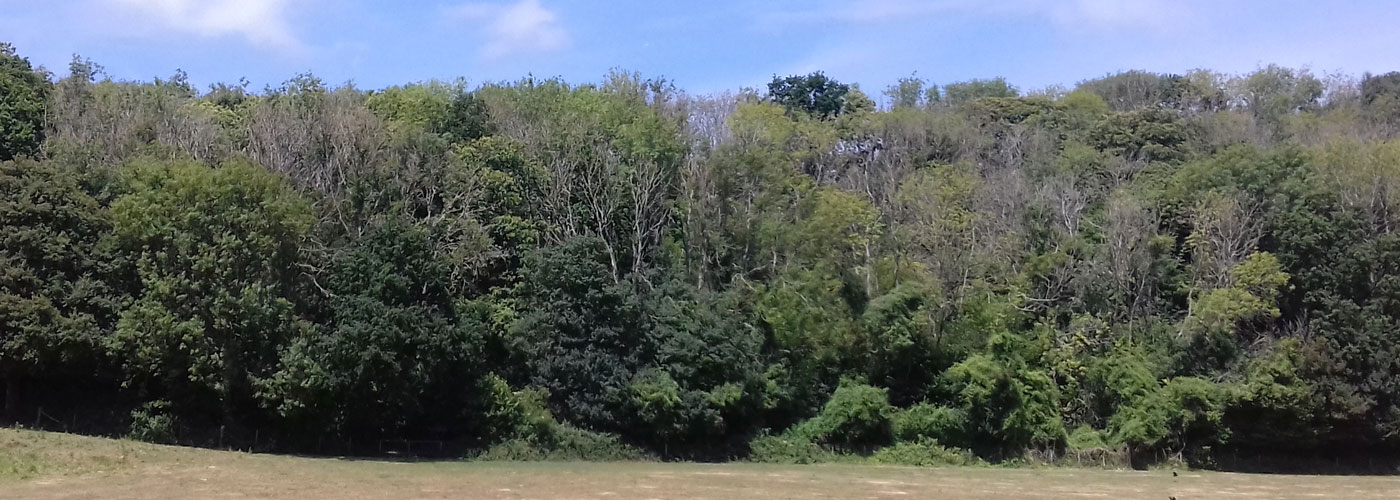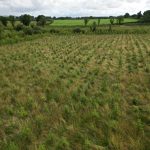
Tree Felling Licences (TFL) and the Woodland Improvement Scheme (WIS) in Irish Forestry
Forests, with their majestic trees and diverse ecosystems, are invaluable natural resources that provide numerous ecological, economic, and recreational benefits. In Ireland, forestry plays a pivotal role in sustaining these vital advantages, and at the core of responsible forest management lie tree felling licences and the Woodland Improvement Scheme. These essential components not only promote sustainable forestry practices but also aim to strike a balance between economic interests and environmental conservation.
Tree felling in Ireland is a regulated activity that requires a tree felling licence from the Forest Service, which operates under the Department of Agriculture, Food, and the Marine. These licences are critical to ensuring that tree removal occurs in a manner that is ecologically sound and environmentally responsible. The issuance of these licences is a careful process that aims to protect the country’s rich forested landscapes. Let’s delve deeper into the intricate process of obtaining a tree felling licence and its profound significance in Irish forestry.
Obtaining a tree felling licence in Ireland is a comprehensive procedure that involves navigating a series of stringent regulations. Interested parties must submit a thorough application that outlines the proposed felling operation’s details, such as its location within the forest, the tree species involved, and the method of harvesting. The application must also address environmental concerns, particularly those related to the potential impact on protected habitats and species. Furthermore, applicants are bound by the provisions of the following policies:
- Standards for Felling and Reforestation (v. Oct 2019)
- Felling and Reforestation policy (DAFM 2017)
- Forestry Standards Manual (DAFM 2015)
These policies establish specific conditions and restrictions governing all forestry activities, including felling.
Once the application is submitted, the Forest Service, as the overseeing authority, conducts a rigorous assessment to determine its merits. This assessment process takes into account various factors, including the potential impact on biodiversity and water quality. If the application aligns with the necessary criteria and does not raise significant environmental concerns, a tree felling licence may be issued. However, it is imperative to note that obtaining a licence does not guarantee approval outright. The Forest Service may impose conditions to mitigate any adverse effects, emphasizing the commitment to responsible forestry.
The purpose of tree felling licences extends beyond mere regulatory oversight. They serve as a cornerstone in ensuring that tree felling operations occur with the utmost responsibility, preventing deforestation, and safeguarding precious forest habitats. Additionally, these licences promote sustainable forest management practices, such as selective harvesting and meticulous replanting, all of which are essential for preserving the long-term health and productivity of Ireland’s forests.
Woodland Improvement Scheme (WIS)
In conjunction with tree felling licences, the Woodland Improvement Scheme provides financial support to forest holders towards the cost of woodland improvement works associated with tending and thinning of broadleaf forests. This scheme actively encourages landowners to engage in initiatives that enhance the overall quality and diversity of their forests through a series of financial incentives. By participating in the program, landowners have the opportunity to significantly enhance the ecological resilience and productivity of their forested lands.
The Woodland Improvement Scheme extends funding for various activities within the realm of forestry management. These activities may include thinning dense forests to allow for more optimal tree growth and eradicating invasive species that threaten the health of the forest. These measures not only benefit the environment but also contribute to the sustainable production of timber and other essential forest products.
These initiatives are particularly crucial in the fight against climate change, as trees play a pivotal role in capturing carbon dioxide from the atmosphere. When managed effectively, a forest acts as a significant carbon sink, aiding Ireland in its efforts to reduce greenhouse gas emissions and promoting a more sustainable future for the nation’s forestry sector.
In conclusion, tree felling licences and the Woodland Improvement Scheme stand as integral pillars within Irish forestry management. These initiatives exemplify Ireland’s dedication to nurturing and conserving its forested landscapes, ensuring that they continue to provide invaluable ecological, economic, and recreational benefits to society.
Here at Euroforest Ireland we have a dedicated applications team that handle all applications apart from afforestation applications. Please get in contact if you require any further information on applications.
For further details please contact us at
www.ForestryServices.ie www.Ashdieback.ie www.Euroforestireland.ie




